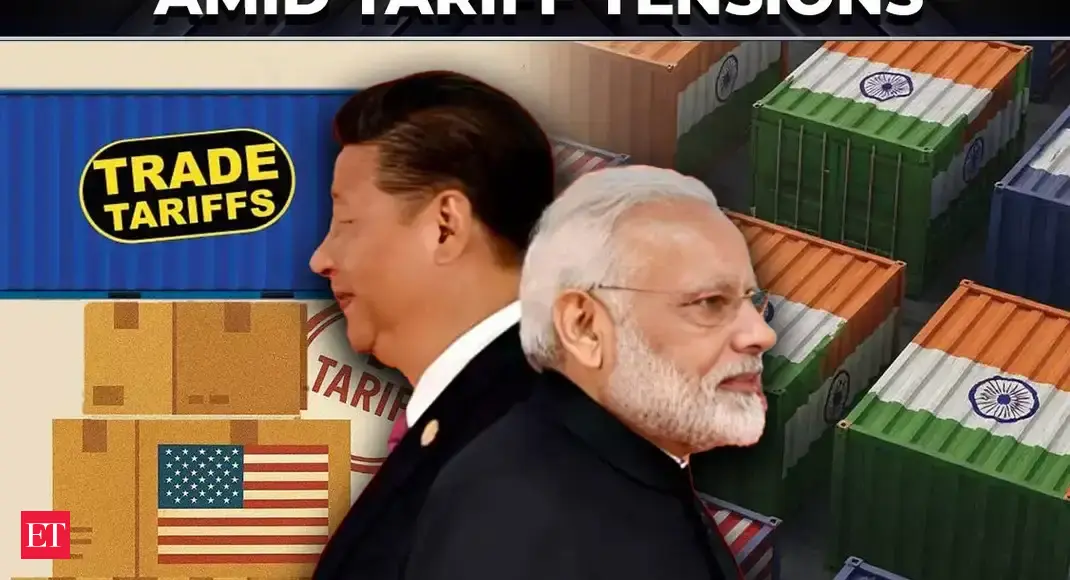

China has strongly criticized the United States' recent imposition of a 50% tariff on goods from India, deeming the move "unfair and unreasonable". The criticism comes from China's Ambassador to India, Xu Feihong, who emphasized the need for stronger cooperation between India and China for global development. This development arrives amidst broader concerns about trade practices and geopolitical strategies involving the U.S., China, and India.
The U.S. tariff on India includes a 25% secondary sanction on Russian oil imports. U.S. President Donald Trump has defended these measures, stating that tariffs are essential to rebalancing trade and addressing what he views as disproportionate benefits India has enjoyed in its trade relationship with the U.S.. Trump has also warned of further actions against countries maintaining trade ties with Russia. According to Trump, India had previously offered to cut tariffs to zero, but he now considers it too late.
In response to the U.S. tariffs, Ambassador Xu has invited Indian businesses to invest in Beijing and promote their products in China, suggesting an open flow of trade between the two nations. He stated that China firmly opposes the U.S. tariff, accusing the U.S. of using tariffs as a weapon to demand exorbitant prices, despite having benefited from free trade for a long time. Xu also recalled Chinese President Xi Jinping's message to Prime Minister Narendra Modi, emphasizing that China and India should prioritize development and support each other's success.
Against this backdrop, the concept of a "dragon-elephant partnership" between China and India has resurfaced. This symbolizes the potential for collaboration and mutual growth between the two nations, representing China (the dragon) and India (the elephant). In April 2025, marking 75 years of diplomatic ties between India and China, President Xi Jinping used this analogy, calling for stronger ties and peaceful coexistence, advocating for a multipolar world and greater democracy in international relations. Prime Minister Modi has also acknowledged the potential of India-China relations to contribute to global stability and prosperity.
The Chinese Foreign Ministry has stated that realizing the "dragon and elephant dance" is the right choice for both countries, aligning with their fundamental interests. China has expressed its readiness to work with India to enhance strategic mutual trust, strengthen cooperation across various fields, and safeguard peace in the border areas.
The India-China relationship has seen increased interactions, with both countries recognizing the need to improve ties. A recent meeting between Prime Minister Modi and President Xi Jinping on the sidelines of the Shanghai Cooperation Organisation (SCO) Summit in Tianjin emphasized strengthening people-to-people ties and expanding trade and investment. Addressing India's trade deficit with China remains a crucial aspect of these discussions.
Given China's strengths in manufacturing and technology, there's potential for India to focus on joint ventures with Chinese companies, aligning with the "Make in India, Make for the World" initiative, which would involve technology transfer and skilling. Both nations recognize the importance of their relationship in the context of a changing global landscape. They aim to promote multilateralism and contribute to peace and prosperity in Asia and beyond.